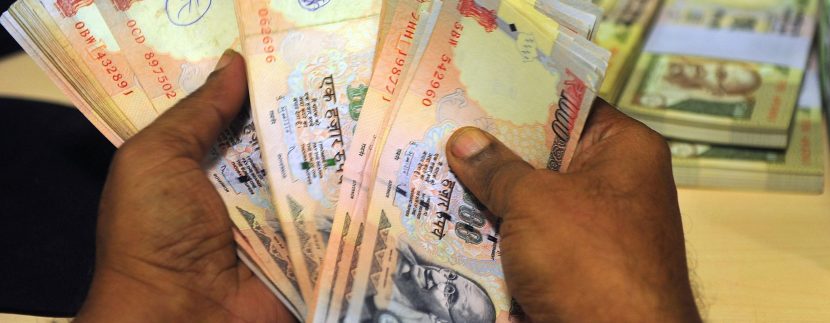India’s Historic Move For Fight Against Black Money

A Brief Overview
7th November, 2016 was indeed the last day for giving and receiving Rs.500 and Rs.1000 notes. Little did we know that from then onwards, all our Rs.500 and Rs.1000 notes will be demonetized and will no longer be legal tender from midnight, 8th November, 2016. This unexpected move has been made to combat a humongous problem of corruption, black money, and terrorism in the country. Cases of corruption and money laundering have been so rampant in the country that it now stands at 76th rank in terms of global corruption perception.
With the objective to force those Indians who have stashed their undeclared income to come out in the light, this radical step has been taken. The main purpose of this move is to strengthen the hands of the common man in his fight against corruption and black money. It is, however, vital to note that the implementation of this step will come along with its own set of challenges and nightmares.
As per The Reserve Bank of India (RBI), an estimate of 16.5 billion Rs.500 notes and 6.7 billion Rs.1000 notes is currently in circulation, triggering a chaos in households and markets of the country. The central bank has prepared a new series of 500 and 2000 rupees notes, which have already entered circulation.
Need For This Bold Move?
The decision of demonetizing is not made in the flair of emotions and spontaneity. As a matter of fact, the Government has taken intelligence inputs in order to achieve the desired outcomes. Statistically speaking, India’s black money is over Rs.30 lakh crore ($460 billion) or about 20% of the total GDP, which is even larger than the GDP of emerging markets such as Thailand. Clearly, India is profoundly flooded with black money.
The Government of India had previously made two successive efforts in curbing the black money out, but both the efforts brought meagre and unsatisfactory results. In 2015, the amnesty window for black money stashed abroad yielded only a paltry sum of Rs. 2,262 crores of tax against the declaration of mere Rs. 3,770 crores. Plus, the declaration of Rs. 65,250 crores under the recent domestic black money disclosure wasn’t a hit either. So, all in all, this radical step was inevitable for achieving the desired outcome.
Let us support this move !!!
This sudden policy change, this transition, will not be easy, especially for the common citizens of the country. Let’s take the ATMs of the country that are mostly high denomination friendly, which means banks will have to load enough Rs.100 notes until the newly-designed high value notes go on a roll.
Furthermore, this decision has also brought the credibility of rupee in turmoil. This move will make rupee less credible and force the citizens to surrender towards safer investments such as gold.
Surely the nation is witnessing a bit of a turmoil currently, but the gains in the long-run look promising. It certainly is a time-tested decision, but the efforts are likely to borne fruits and the menace of black money is likely to be overcome.













